August Reviews: Now & Forever

In this newsletter: "The Pages" by Hugo Hamilton; "Jason Molina: Riding With The Ghost" by Erin Osmon; "Elvis" directed by Baz Luhrman; Music Clips: Townes Van Zandt, Guy Clark, & Chris Smither; & A Writer's 3 Best Legal Handbooks.
The innocent victims of the Russian invasion of democratic Ukraine need our help. Please donate what you can afford.

NOVEL REVIEW
"The Pages" by Hugo Hamilton
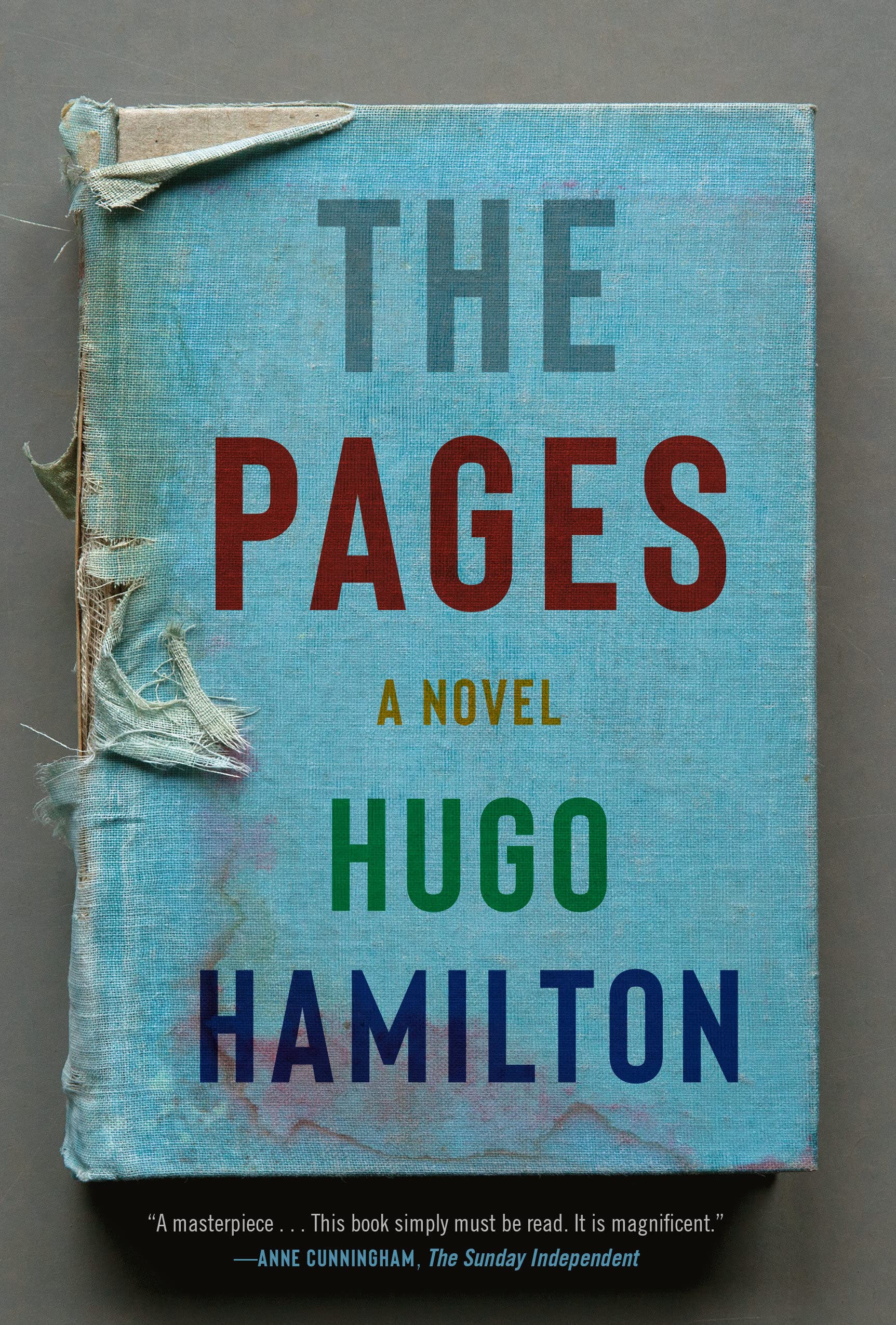
This unique and smoothly written novel is told from the point of view of a book that escaped burning in Nazi Germany. Give yourself a moment for that to sink in. A book is the narrator of this novel.
In our contemporary times, Lena, an artist, carries this conscious book with her to Germany intent on finding the place a hand-drawn map in the back of the book describes and what the map means.
Fiction, art, music, and romantic love interweave in a story built on a foundation of a history that refuses to stay in the past. There are stories within stories throughout and the writing is crystal clear.
I know that for some, the ending may be a little neat, but this is a novel designed to pull readers through some chilling territories. It's a train ride. The final destination is both inevitable and hopeful.
This is the best kind of literary novel. Recommended.
BIOGRAPHY REVIEW
"Jason Molina: Riding With The Ghost" by Erin Osmon
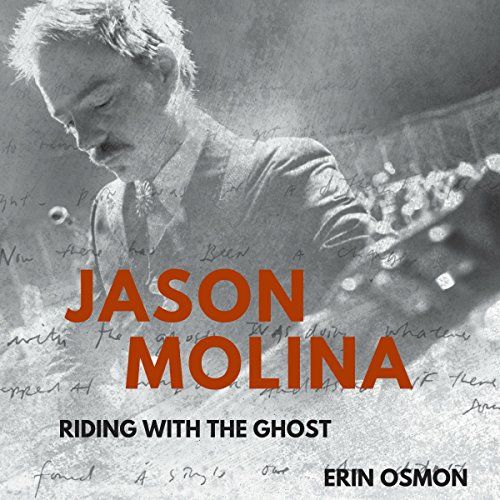
I was afraid to read this biography at first. I love his music, but I also knew that alcohol killed Jason Molina when he was forty years old. Molina tried over and over to get sober, but ultimately, his disease killed him.
I read this highly recommended biography because I wanted to understand how Molina could have been such a prolific songwriter and performer in his short life. Molina toured constantly as a solo artist and with a band all his life. He recorded 16 studio albums, 8 EPs, and released many singles. His work was unique and poetic, and a few of his albums like Josephine are masterpieces that will live forever.
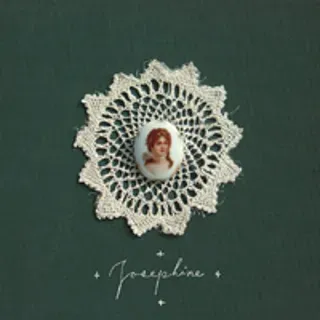
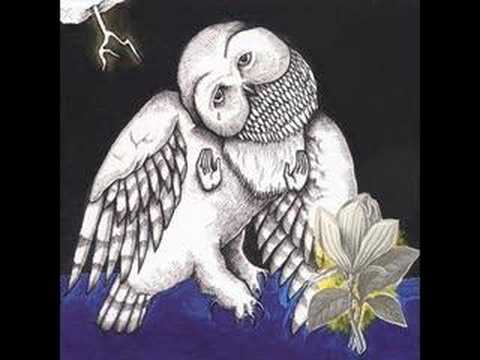
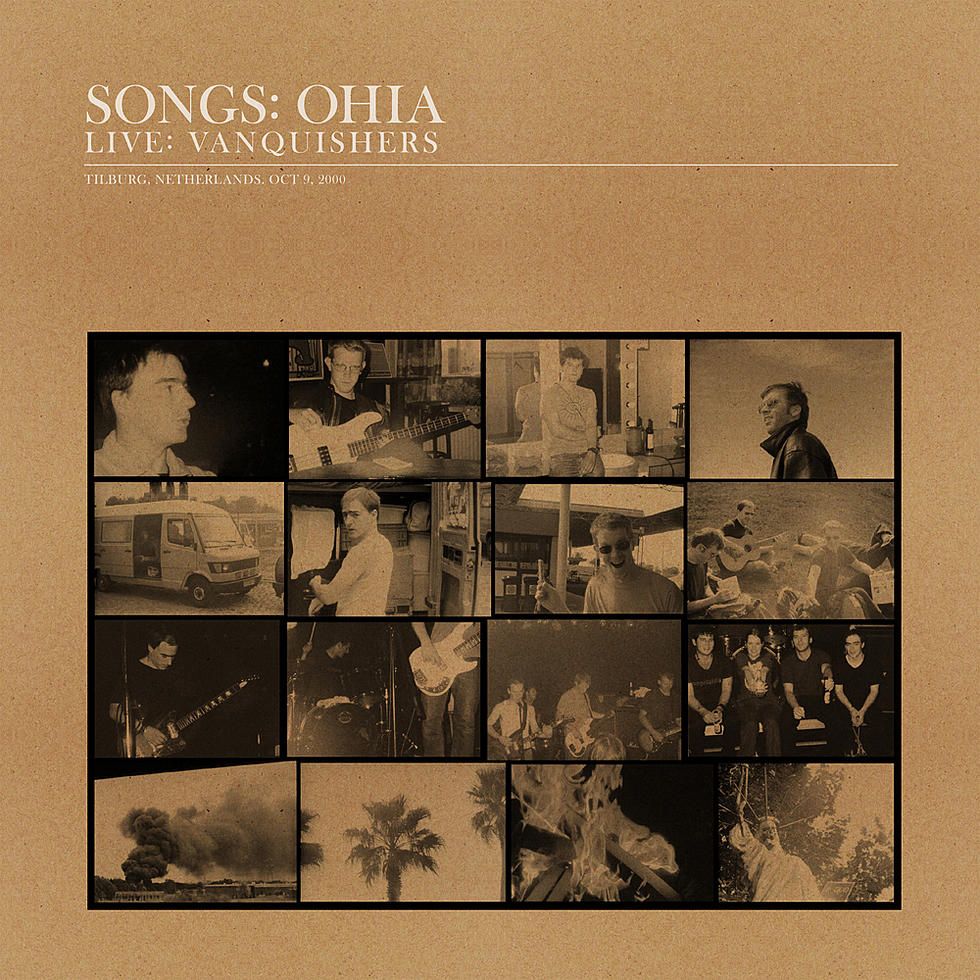
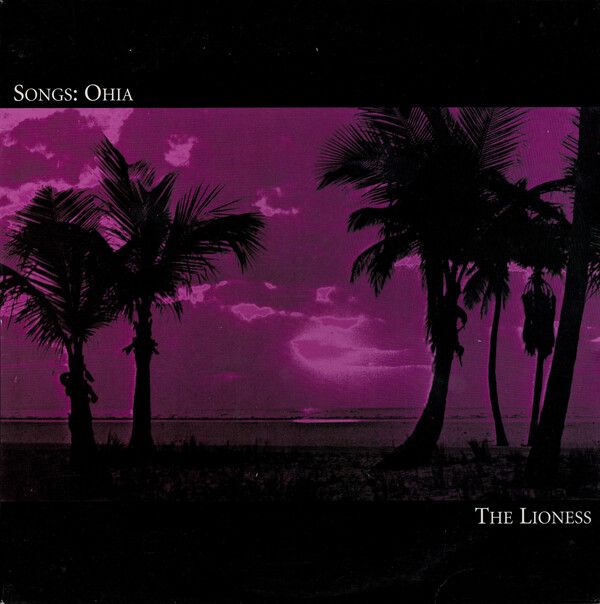

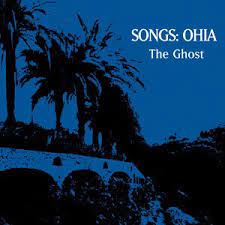
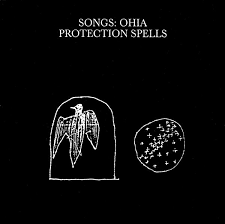
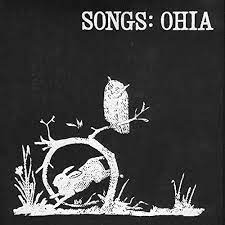

How did he do it? He simply got up early every morning before any else no matter where he was staying or living, and he wrote music for a couple of hours. Every day. And he played live whenever he could with a band or solo. That was it. And as for this book being depressing to read, it is not.
Osmon's storytelling and her research describing Molina's early development are impeccable and often funny. He was a character from the start inventing himself as he went along and not bothering to tell the truth when his fictions were more fun. She details his progress and his collaborations. Molina never stopped creating.
Osmon treads carefully as Molina's life begins to implode. She is careful not to drag readers through the despair of Molina's last few years. She writes clearly and emotionally about how those who loved Molina suffered. She is compassionate and does not blame or shame him. She understands that at some point Molina lost the power of choice. His disease was extreme when it started and it killed a sweet man born with a songwriting talent that pulled him through the world.
We are fortunate that Molina resisted his downfall for as many years as he did and wrote such beautiful music of the USA heartland.
MUSIC CLIPS: Tony Gilliam Picks 3
Tony Gilliam is a guitar picker, performer, and one of the original Americana Roots Music fans who favors songwriting with a melancholy aura. Here are his three classic songwriting picks this month.
Townes Van Zandt's "Pancho and Lefty" sung by Townes with complete lyrics.
Guy Clark's "Old Friends" live in Austin, Texas. Clark keeps it simple.
Chris Smither's "Blame's on Me". Country and the blues all in one.
SCREEN
"Elvis" directed by Baz Luhrmann starring Ashton Butler, Tom Hanks, and Olivia DeJonge
There was a strange scent of disappointment in many of the film reviews I read about the film Elvis directed by Baz Luhrmann. I was reluctant to see the movie after reading those reviews. After seeing it, I am baffled as to what the reviewers expected or hoped for. Luhrmann is a director at the top of his game and this film is stunning for the craft alone. Screenwriting. Acting. Cinematography. Editing. Makeup. Costumes. Sets. Sound. Music. Absolutely all of it is at the top of the game.
The three acts of the film meshed well. I saw the movie in a theater and the audience around me stayed into it for all two hours and 39 minutes. It felt like a much shorter movie. Luhrmann is not one to pause the action.
The Story By credits went to Luhrmann and Jeremy Doner. The screenwriting credits included Luhrmann, Jeremy Doner, Craig Pearce, and Sam Bromell. During production, actors said they received new pages and new lines nearly every morning. Elvis's life provided so much material to work with, and to distill that material into a movie that worked is no minor miracle.
Maybe those negative reviewers were hoping to see a movie about the Elvis that wanted to be a DEA agent so he could carry a handgun in every state. Or the Elvis that tried to keep the Beatles from touring in America. Or the Elvis who favored conservative politics. That is not the Elvis in this film.
And this is not the movie about the Elvis who sang and played with other musicians constantly, especially gospel musicians, throughout his life. Someone else can make those movies. This is the legend of Elvis the star and his dishonest, ruthless, and brilliant business manager who changed show business forever.
Did Elvis appreciate or appropriate black music? Here is a short documentary that addresses that.
"Elvis didn’t steal any music from anyone. He just had his own interpretation of the music he’d grown up on. Same was true for me; the same’s true for everyone. I think Elvis had integrity." - B.B. King
Part II of that short documentary. Worth watching.
That said, Colonel Tom Parker made sure Elvis owned the publishing rights of any new song he recorded. Mac Davis, who wrote In The Ghetto, said that Elvis would not record a song unless he owned the publishing rights. Songwriters would definitely call this exploitation. That said, Elvis Presley Publishing paid a generous percentage of the sales of any of his hits to the songwriter, but the money stopped after the hit was off the charts.
The new feature film does address Elvis' debt to black music. I don't know how you could make a movie about Elvis and not do that. It is romanticized no doubt, but there is no way that anyone seeing this film would not come to understand that his catalog of songs, especially those recorded after his early rockabilly period, were taken directly from popular "race" music. The Black music industry and their touring circuit existed for years before Elvis sang a note.
This film entertains and moves in every way. Highly recommended.
A WRITER'S 3 BEST LAW HANDBOOKS
These books can save you time and money.

I have given away many copies of the books I am recommending in this article to writer friends. And I make sure I keep copies of these handbooks for myself.
Here's a recent example of why I love these books. A fiction writer, a good friend, emailed to ask me if she should accept an offer to partner with another writer on a project.
No matter what I said, I could be terribly wrong. I sent her links to these book titles and the section in this article on writing partnerships.
This article does offer legal advice, and in every possible situation, I recommend you have legal counsel.
These books will give you the basic legal knowledge you need to build a foundation of professionalism in your writing career.
WRITING FOR HIRE
Writing for Hire is when you are paid to write and do not own any part of the project. You agree to the terms of payment and when you will be paid.
It is recommended that you get a signed agreement if you are working freelance and if you are working through one of the online platforms such as Upwork or Fivver be sure you understand their payment arrangements.
When writing this way it is important to manage your expectations. No matter how much of yourself you put into a Work For Hire project, it is not yours in any way. You do not own any part of the publishing rights.

WRITING PARTNERSHIPS
There is a famous quote that goes something like this, when two writers collaborate on a project, they each think they are doing all the hard work.
Besides that, there are a lot of possible problems in any partnership in any profession. Writers are no exception.
Before you proceed with a project with any partner there are three recommended actions:
1.) Be able to describe the project to each other, especially the tone, length, and genre.
2.) Be able to work out a timeline with first-draft expectations and an agreed editing process.
3.) Sign a partnership agreement that clearly defines business decision-making and ownership.
Keep in mind an equal writing partnership has all the potential successes and pitfalls of a business partnership. Having no partner at all is better than a bad partnership.
To keep it simple, there are two kinds of writing partnerships: equal and unequal.
EQUAL PARTNERS
The equal partner should be someone with a similar sensibility to you. You should respect them: their writing, creativity, energy, and ideas.
The legal agreement you work out with this partner should respect that equality. See Number 3 above.
UNEQUAL PARTNERS
What if your writing has brought you to a place where you are asked to take part in an unequal fiction writing partnership? “Hey, honey, James Patterson is on the phone.” It doesn’t happen like that, but you get the idea.
In the unequal fiction partnership, your writing has garnered enough attention to attract another fiction writer who wants to partner with you and understands that you are more than a writer for hire. They are willing to share in the long-term income and ownership of the work.
The three recommended actions previously noted above are still relevant – especially Number 3.
In unequal and equal partnerships, it is crucial you have private and experienced legal counsel who can review the contract with you in simple terms before you sign anything. But it certainly helps to know what questions to ask and how to spot red flags before you walk into an attorney's office.
Here are 3 recommended legal handbooks for writers that can help prepare for professional success.
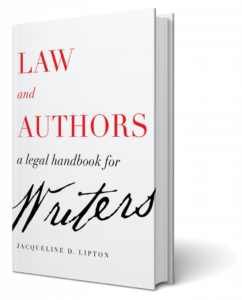

The author of this book, Jacqueline D. Lipton, is also Jacqui Lipton (and @Jacqui_Lipton on Twitter) who recently joined The Tobias Literary Agency after owning her own literary agency, Raven Quill Literary, for a number of years. Her book for writers is highly praised and recommended.
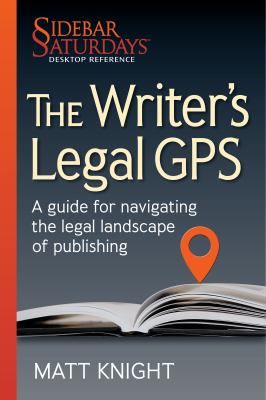
Matt Knight is a San Francisco-based writer and intellectual property lawyer. His publications have appeared in the New York Times, San Diego Union-Tribune, IBPA Independent Magazine, and the Houston Law Review, as well as his publishing law blog Sidebar Saturdays. He is also a fiction writer. I recommend his free newsletter. You can sign up on his site <mattknightbooks.com>. Highly recommended.
And for those who self-publish:

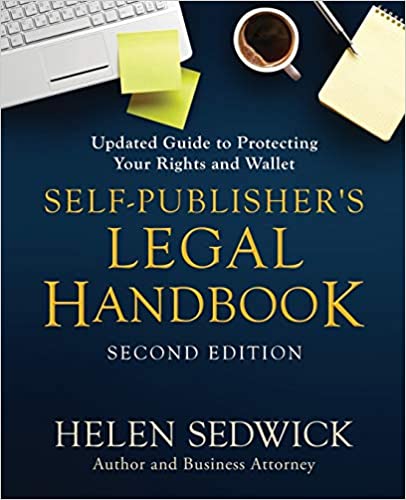
On her website Helen Sedwick writes why she wrote this book and why it matters to her: My parents were artistic people; my mother an actress and my father a stage and television director. By temperament or choice, or perhaps both, they did not understand business or money. When I was young, I saw them being taken advantage of over and over again. I went to law school so I would have the tools to navigate the business world myself and to help creative people like my parents.
Her website address is <helensedwick.com> and she has two Twitter addresses @HelenSedwick and @helen_sedwick.
She updated this book in 2017. Highly recommended.
These three books are available on most online book-selling platforms. A local bookstore may be able to order these books for you.
LAST WORDS
These books prepare you to ask the right questions and develop a foundation of knowledge to help you in your profession. But no book can give you all the advice you need as you are about to sign a contract.
Seeking the help of an experienced business or entertainment law attorney is highly recommended. It is often the case that such an attorney will save you more money in the long run than they cost.
(Book, music, & screen reviews, & interviews, & fiction are in play at dandomench.com - a forever free secure site with the highest standards of privacy available. Your free login is your email and name - the only information the site retains. Your participation is not public. You are never tracked or your email shared. Thank you if choose to contribute. Your payment information is never stored here. Add this website to your address book or drag the newsletter from your spam folder to your primary folder so we can stay in touch. You can contact me at dandomench@gmail.com. I will respond as quickly as possible. Thank you!)
